A political as much as a health issue, vaccination becomes a by-product of Brexit, puts the EU at odds with developing countries, and sees China and India compete in Asia. Inexhaustible disruptor, Covid-19 continues to advance science in its multiple disciplines. At lightning speed, geopolitics was enriched with a new object of analysis, and the power of a new instrument: the vaccine. A year after the start of the pandemic, the vaccine is the most contested political weapon.
“Warp speed” is precisely the name given in the United States to the operation which, thanks to a particularly virtuous public-private partnership, enabled a vaccine be developed in ten months, while normally the process takes five to ten years. By injecting billions of dollars in grants into the research and development of several pharmaceutical companies, the federal defence and health administrations have paved the way for an unprecedented acceleration in the production of Covid-19 vaccines.
German Chancellor Angela Merkel on Tuesday, January 26 refused to leave the United States with a monopoly on this pride. Before the Davos Economic Forum, she recalled that the first vaccine approved by the World Health Organization (WHO) had been designed “thanks to the foresight” of a German start-up, BioNTech, which had very early reoriented its strategy. BioNTech has set up an industrial partnership with the American giant Pfizer. Their vaccine is, at this stage, the most used. But, at the start of this year, it is not the leaders of the countries where the vaccine was invented who are scoring points – it is those countries who organize the best vaccination campaigns.
Huge political stake
By this yardstick, three countries can be proud of having launched massive campaigns: Israel, the United Kingdom, and the United States. Paradoxically, these are the same countries where the management of the epidemic has been marked by confusion. The vaccine is a lifeline – as much a health as a political one.
British Prime Minister Boris Johnson even spearheads a campaign to erase his mistakes and counter the negative effects of Brexit, with nationalist overtones reminiscent of the heroic Blitz era. “We have administered more doses than Italy, France, Spain and Germany combined,” announces, triumphantly, an old-fashioned Conservative Party poster. With any luck, it is the success of the vaccination offensive that his constituents will remember, rather than the tragic toll of the pandemic which has just passed the 100,000 mark.
If the political stake is enormous for Boris Johnson, it is also, by consequence, for the European Union (EU) – hence the conflict which has erupted between Brussels and the Anglo-Swedish manufacturer AstraZeneca, partner of the Oxford University. Unlike the mask episode at the start of the pandemic, the EU thought it had hit the nail on the head with the vaccine: subsidies to laboratories, pooling of orders for a fair distribution of doses between the twenty-seven member states, Covax initiative to ensure that poor countries outside the EU are not forgotten. Irreproachable!
That was without the fluctuating waves of viruses that have raised political pressure, the outbreak of new variants that have caused panic, and delays in delivery by pharmaceutical companies: doses are not arriving fast enough. Unprepared for this type of operation, the European apparatus is accused of not having seen the bigger picture and lacking agility. Germany, in a time when we are not far from thinking we would do better on our own, weighs with all its weight – which can be very heavy – on Brussels. For the EU, it would be the worst effect if Boris Johnson could claim that his country has taken up the challenge of vaccination through Brexit. And he is capable of it.
While recalling the European determination to consider the vaccine as “a real global public good”, the President of the European Commission, Ursula von der Leyen, also admitted prosaically on Tuesday at the virtual Davos the “business” dimension of it. The Commission therefore intends to control exports of vaccines manufactured in the EU, to limit the risk of shortages. This pragmatism is to be placed in the chapter “end of the naivety of Europe”, which continues to grow.
Familiar geopolitical lines
The case is even more delicate for the EU as it has strongly advocated for a “fair” distribution of the vaccine globally and wants to avoid being accused of protectionism. Echoing South African President Cyril Ramaphosa accusing rich countries of “vaccine nationalism” which “store four times more doses than they need”, Angela Merkel referred to “the new injuries and traces” that the international distribution of vaccines could leave. For her, however, “those who receive help will remember it.”
This is the calculation of China and India. The two Asian giants are competing to supply their neighbors without vaccine resources: China, thanks to its two vaccines not yet approved by the WHO, India, thanks to its large pharmaceutical production – it manufactures the AstraZeneca vaccine. Geopolitics finds its familiar lines here. Burma is receiving help in form of donations from the two giants, while Bangladesh, the Maldives and Bhutan have welcomed vaccines from India, and Cambodians will be vaccinated exclusively Chinese. Very early in the ranks, the Russian vaccine Sputnik V also had its customers, including Hungary, although it had not yet received the green light from the WHO or the European Medicines Agency.
The fight will be long: “Until everyone is vaccinated, no one will be safe,” warns UN Secretary-General Antonio Guterres. As for appointing winners or losers, it is far too early. One of the lessons of a year in a pandemic is that yesterday’s winners can be tomorrow’s losers – and vice versa.
Sources
European Council on Foreign Relations (2021): The geopolitics of covid vaccines in Europe’s eastern neighbourhood, https://ecfr.eu/article/the-geopolitics-of-covid-vaccines-in-europes-eastern-neighbourhood/
National Library of Medicine 2021): Warp-Speed Covid-19 Vaccine Development: Beneficiaries of Maturation in Biopharmaceutical Technologies and Public-Private Partnerships, https://pubmed.ncbi.nlm.nih.gov/33212162/
Open Democracy (2021): Vaccine geopolitics, ‘big’ and ‘small’, and Europe’s challenge, https://www.opendemocracy.net/en/can-europe-make-it/vaccine-geopolitics-big-and-small-and-europes-challenge/
Politico (2021): How Europe fell behind on vaccines, https://www.politico.eu/article/europe-coronavirus-vaccine-struggle-pfizer-biontech-astrazeneca/
The New York Times (2021): E.U. and U.K. Fighting Over Scarce Vaccines, https://www.nytimes.com/2021/01/27/world/europe/eu-uk-covid-vaccine.html

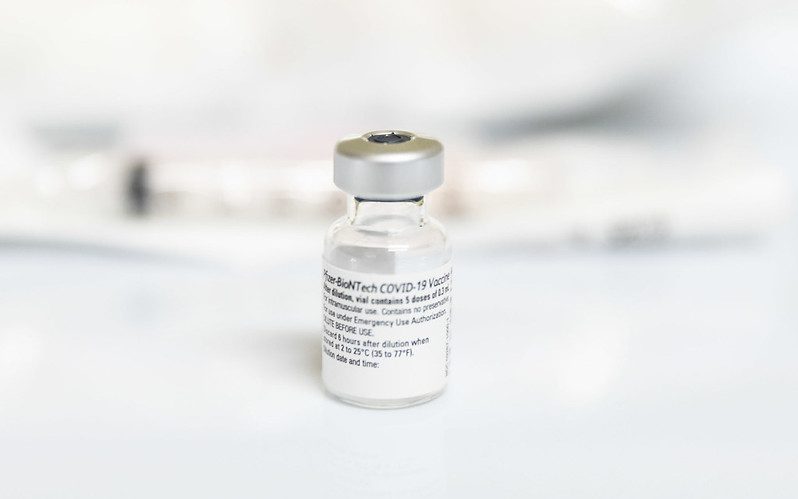
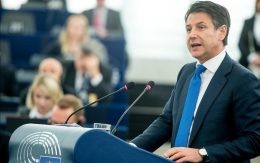
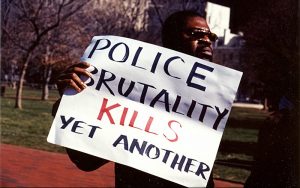
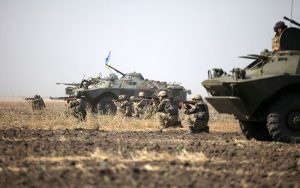
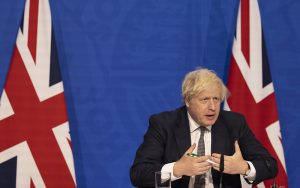
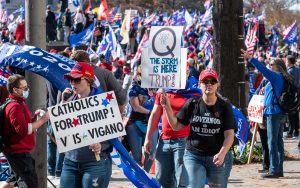

Be First to Comment